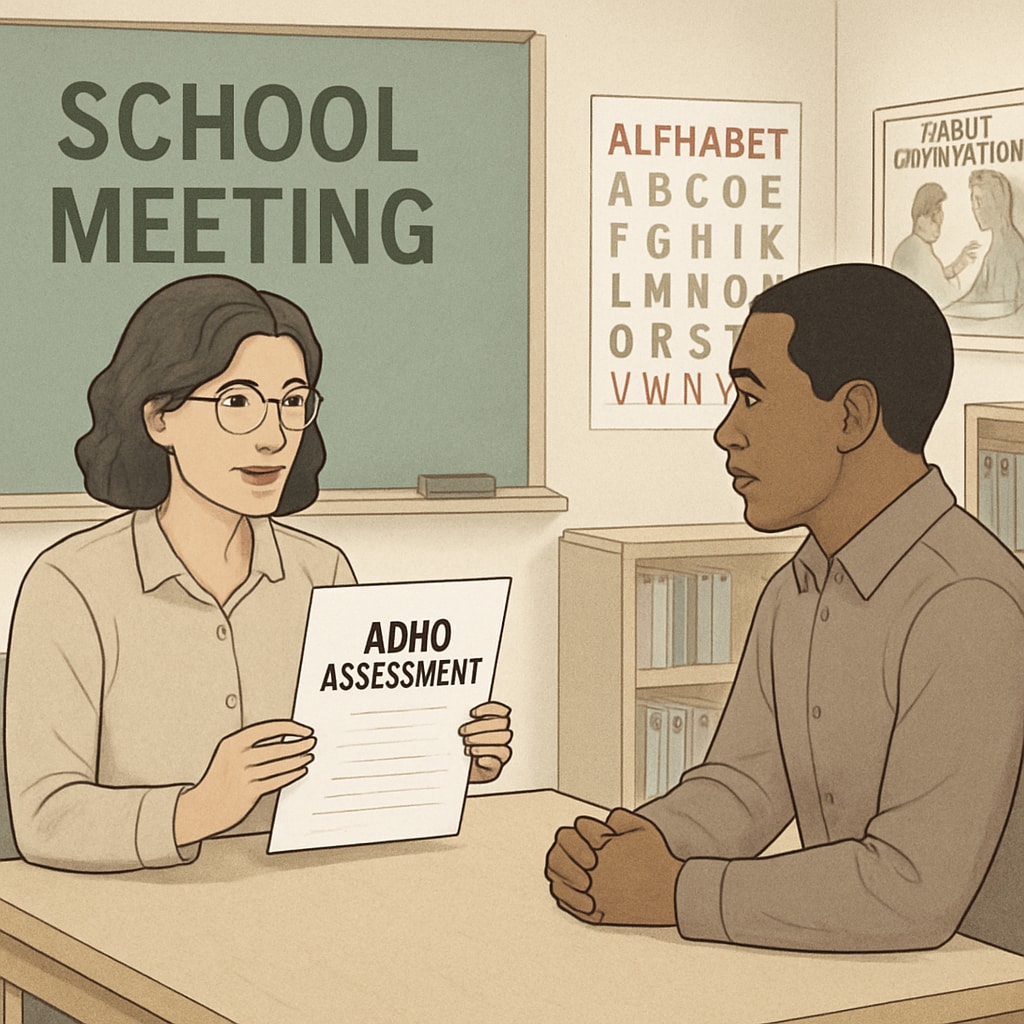The case of a 15-year-old girl in the United Kingdom, who faced 22 weeks of school absence due to administrative hurdles in her school transfer process, sheds light on the critical relationship between education rights, mental health, and bureaucratic inefficiencies. Her struggle is a stark reminder that bureaucratic barriers can have long-term impacts on a child’s psychological well-being and academic progress. This story also underscores the urgent need for systemic reforms, particularly in addressing mental health challenges like ADHD (Attention Deficit Hyperactivity Disorder) within the education system.

The Link Between School Transfers and Mental Health
For students, transferring schools is often a stressful but necessary step, especially when mental health challenges like anxiety or ADHD come into play. In the case of this young girl, her transfer request stemmed from a need for a more supportive educational environment. Unfortunately, the prolonged administrative delays not only disrupted her learning but also exacerbated her mental health issues. Research shows that school instability can lead to heightened anxiety, depression, and a sense of isolation among teens (Mental Health on Britannica).
Moreover, the lack of timely ADHD assessments contributed to her prolonged absence, leaving her without the tailored support she urgently needed. This raises questions about how the education system can better accommodate students with special needs, ensuring their right to learn is not compromised by red tape.
Bureaucracy and Its Impact on Education Rights
The administrative hurdles encountered in this case are far from unique. Across the globe, bureaucratic inefficiencies often delay school transfers, admissions, and access to specialized programs. In the UK, local councils play a significant role in overseeing educational transitions, but inconsistencies in their processes can lead to significant delays. For families and students, such delays are more than just inconvenient—they can be detrimental to academic and personal development.

Education is a fundamental right, protected by both national laws and international agreements like the Right to Education on Wikipedia. When administrative obstacles prevent children from accessing education promptly, these rights are effectively violated. This is especially concerning for students with mental health challenges, who require consistent and supportive learning environments to thrive.
Reforming the System: Recommendations for Change
To address issues like these, several reforms can be implemented:
- Streamlined Processes: Simplify school transfer procedures to ensure minimal delays and clear communication between families and educational authorities.
- Mental Health Integration: Incorporate mental health assessments, including ADHD evaluations, into standard school transfer protocols to identify and address needs early.
- Accountability Measures: Hold local councils and administrative bodies accountable for delays that impact students’ education rights.
- Supportive Policies: Develop policies that prioritize the well-being of students undergoing transitions, ensuring they have access to interim learning resources.
By taking these steps, the education system can become more inclusive and responsive, safeguarding the rights of all students, especially those facing unique challenges.
In conclusion, the case of this 15-year-old girl is a wake-up call for educators, policymakers, and families alike. Her story is not just about one child—it’s about the systemic issues that prevent many young people from achieving their full potential. Addressing administrative barriers, integrating mental health support, and prioritizing education rights are essential steps toward creating a fair and equitable system for all.
Readability guidance: The article uses short paragraphs, clear lists, and avoids excessive jargon to ensure accessibility. Transitions like “however,” “as a result,” and “in addition” are used to improve flow, while the emphasis remains on actionable solutions and inclusivity.


